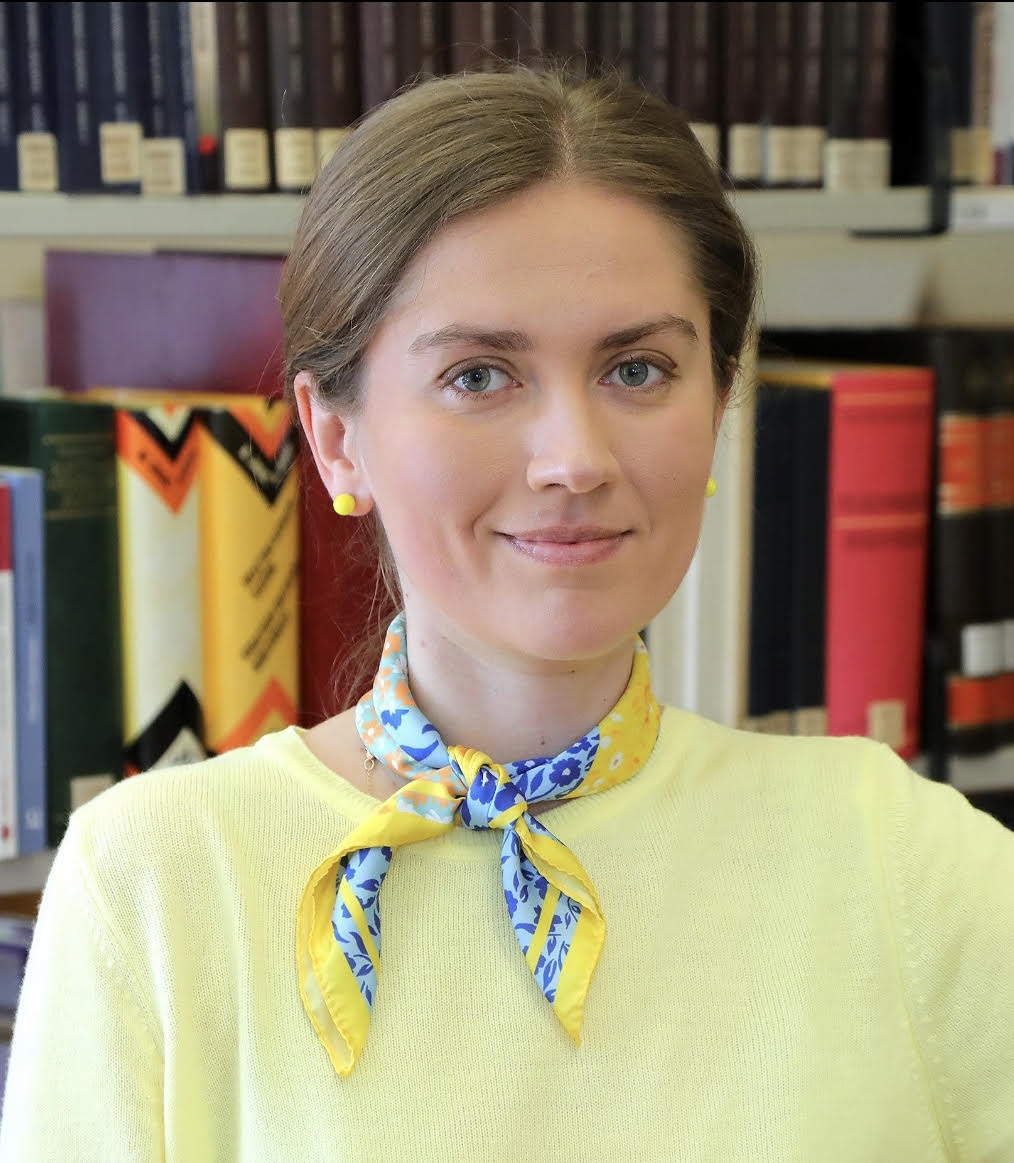Міжнародне кримінальне право (англійською мовою)
International Criminal Law (ICL) is a relatively new branch of international law that has solidified in the aftermath of World War II through the Nuremberg Trial and the Nuremberg Principles. ICL seeks to ensure the individual criminal responsibility for the gravest crimes under international law, so-called ‘core crimes’: war crimes, crimes against humanity, genocide and the crime of aggression. These issues have become particularly pertinent for Ukraine since the beginning of Russia’s aggression in 2014 and, in particular, after the 2022 full-scale invasion.
This course looks into the historical developments of ICL from the Nuremberg Trial through the establishment of the ad hoc Yugoslav and Rwandan Tribunals and the International Criminal Court (ICC) to the rise of universal jurisdiction and other domestic proceedings concerning international crimes. Importantly, the course explored not just the ‘international’ facet of the development of ICL, but also analyses the groundbreaking domestic contributions to the field such as Argentina’s Trial of the Juntas. The students will learn the foundations of the work of various special and hybrid criminal tribunals as well as of the first permanent ICC. In class, we will discuss the legal nuanced of all four core international crimes as well as the challenges to prosecuting them domestically and internationally such as immunities and amnesties. Finally, the course is not limited to criminal accountability, but aims to provide the students with a wider view of justice by discussing with them the other pillars of transitional justice such as truth-telling, reparations, memorialisation, institutional reforms, prevention and the guarantees of non-repetition. All of the above will be examined with a strong Ukrainian focus of ensuring accountability for international crimes perpetrated amid Russian aggression, reforming domestic criminal legislation for enhancing conflict-related proceedings, strengthening the cooperation with the ICC and developing a wider, transitional justice policy.
To some extent, ICL is rooted in international humanitarian law (IHL) – the law of the rules and customs of warfare. This is so because one category of crimes that ICL deals with – war crimes – requires a connection with an armed conflict. In addition to that, other mentioned core crimes such as crimes against humanity or genocide can – but not necessarily should – be committed in the context of hostilities. In this regard, the foundational knowledge of IHL is required for the in-depth mastering of ICL.

